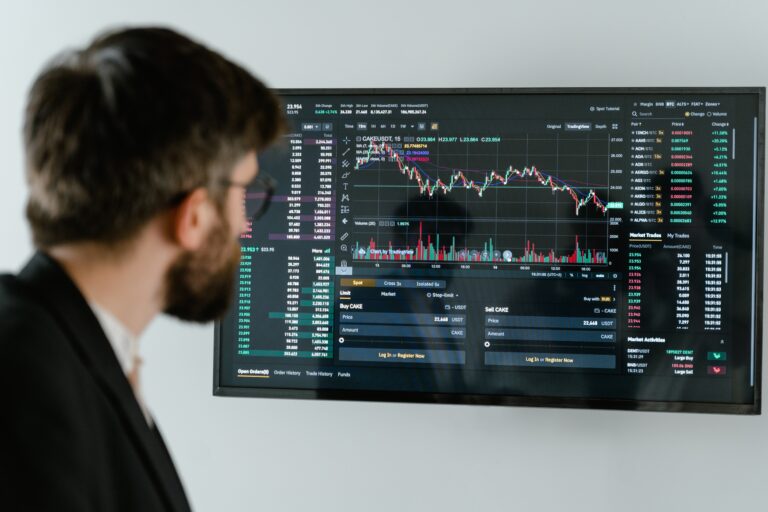It has been said that coincidences are God’s way of staying anonymous. Many people observed that an invisible hand, or rather the divine hand, often intervenes and redistributes profits. This benefits to society despite individuals driven primarily by business interests. This concept has been stated in various books on economics too. It says that there is a divine providence even in financial markets that makes things happen.
Let us take a look at the shares of some companies. These have performed for at least 30 years in the financial markets. Let’s look at the benefits provided by Coca-Cola, Pepsi, and Microsoft.
The rise of Coca-Cola and Pepsi, as well as the global spread of their extensive and structured retailing practises
The world’s most popular beverage company, Coca-Cola, has been instrumental in bringing about a culture of extensively structured retail. Coca-Cola sells in over 200 countries and is an American company. Although Coca-Cola was in the news in recent times due to the large number of calories it serves and its high sugar content, it was one of the first companies to introduce the concept of having a large, well-trained sales force that engaged in very structured retail that covered even remote areas.
This retail culture was picked up by local companies in the countries in which Coca-Cola spread its wings.
It became a potent tool in the hands of the local industry in these countries. Executives who have worked for companies such as Coca-Cola, Pepsi, and others are in high demand as employees in developing countries. The key reason is that these ex-Coca or ex-Pepsi employees can value-add to a company’s sales in the short term. They can also improve the company’s work culture in the long term. Therefore, the economic concept called the “invisible hand of the divine hand” that describes the unintended greater social benefits and public good brought about by individuals acting in their business interests is very real.
The companies also started sponsoring local sportspersons and sporting events, which led to the growth of Coca-Cola and Pepsi while pumping in much-needed funds into the local sporting environment of developing nations.
Microsoft and the rise of the information technology industry in developing countries
Before the emergence of Microsoft Windows, people had to communicate with computers through programming languages and command prompts. However, Microsoft was among the first companies to put an icon on the front end and the correct programme on the back end. A person could activate the correct programme by clicking on the icon.
The person who ran computer did not need to have extensive knowledge of intricate programming languages.
If you look at the history of the growth of the IT industry in developing nations like India, etc., you will find that it came after the evolution of Microsoft. The countries provided a large number of software engineers to their domestic IT industry. This was also partly because of the ease of operating a computer provided by the Windows interface of Microsoft.
There are many more examples. Therefore, we need to understand that the laws of karma guide the whole universe. We, humans, are not perfect. But the divine hand always works to bring about returns amongst us according to our contribution to society.
Is this a new concept?
The pioneer of this concept of the invisible hand in financial markets was a renowned economist and author, Adam Smith. He mentioned this in the mid 1700’s. However, this is probably the first time that someone has come up with proper examples. Therefore, look to invest in a company that does some good for society. You will get good returns. Know more at occ.treas.gov







